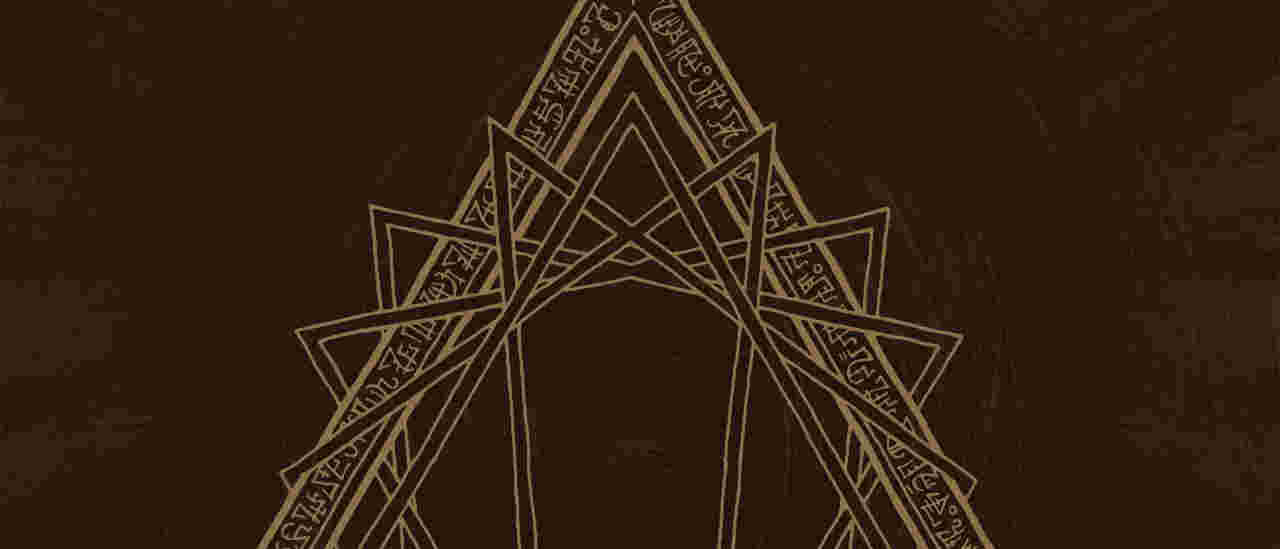You can trust Louder
Sunyaga, the opening track of the seventh album by Finnish metallers Dark Buddha Rising crashes in on a towering wave of doom-laden riffage that ranks as one of the year’s finest intros. After a couple of minutes, spectral vocals are introduced – curiously reminiscent of Alice In Chains at their most seasick – and it’s clear you’re in for one heavy trip.
Having stunned many by way of their 2019 collaboration with kindred spirits Oranssi Pazuzu under the name The Waste Of Space Orchestra, the Tampere-based ensemble have wasted no time in completing an album – no, an experience – that ranks as their most formidable and all-encompassing statement to date. Plenty of bands in 2020, especially those belonging to the doom category, are described as psychedelic; Dark Buddha Rising are one of the few to actually sound as though they’re actively testing the limits of consciousness via their music.
Mathreyata is comprised of four tracks, the shortest of which is just over seven minutes in duration, that build upon essentially simple rhythmic frameworks, drawing the listener inexorably through a wormhole towards what one can only imagine is complete ego dissolution, the end of the universe itself, or both.
Following the thunderous Nagathma comes Uni, which builds from a horizontal drone to a hypnotic rumble overlaid with strafing keyboards, then finally to what sounds like a devastating free rock interpretation of jazz master John Coltrane circa Ascension. This flows into closer Mahathgata III, which is perhaps the album’s most straightforwardly doomy piece, yet still impresses with its sheer, reverberating heft. Given the absence of hope that seems to characterise our current epoch, Mathreyata is almost comforting in its consummate, apocalyptic immensity.
Sign up below to get the latest from Metal Hammer, plus exclusive special offers, direct to your inbox!

